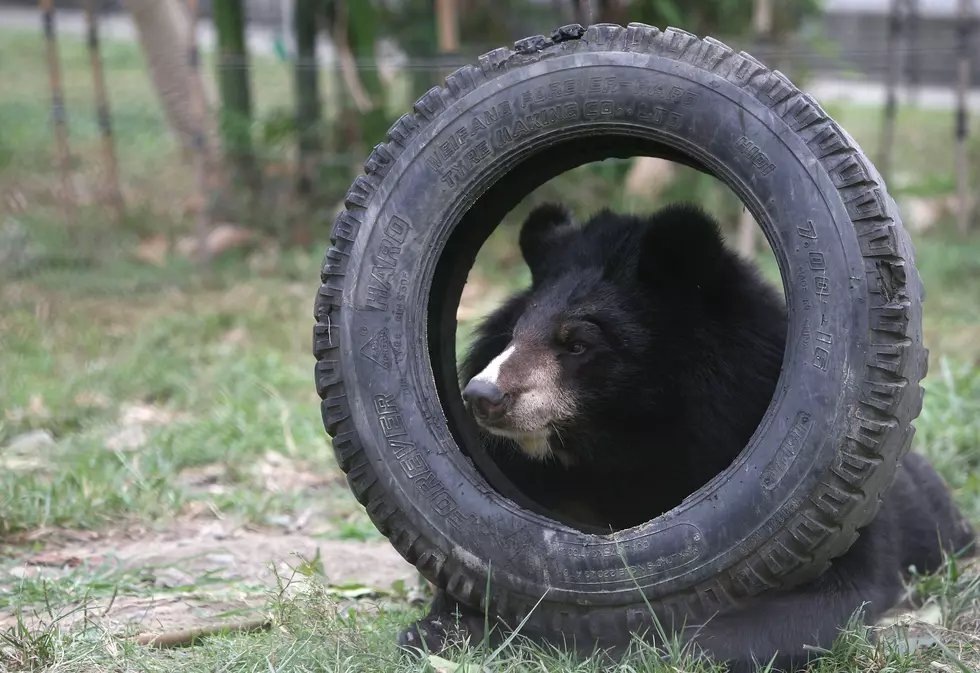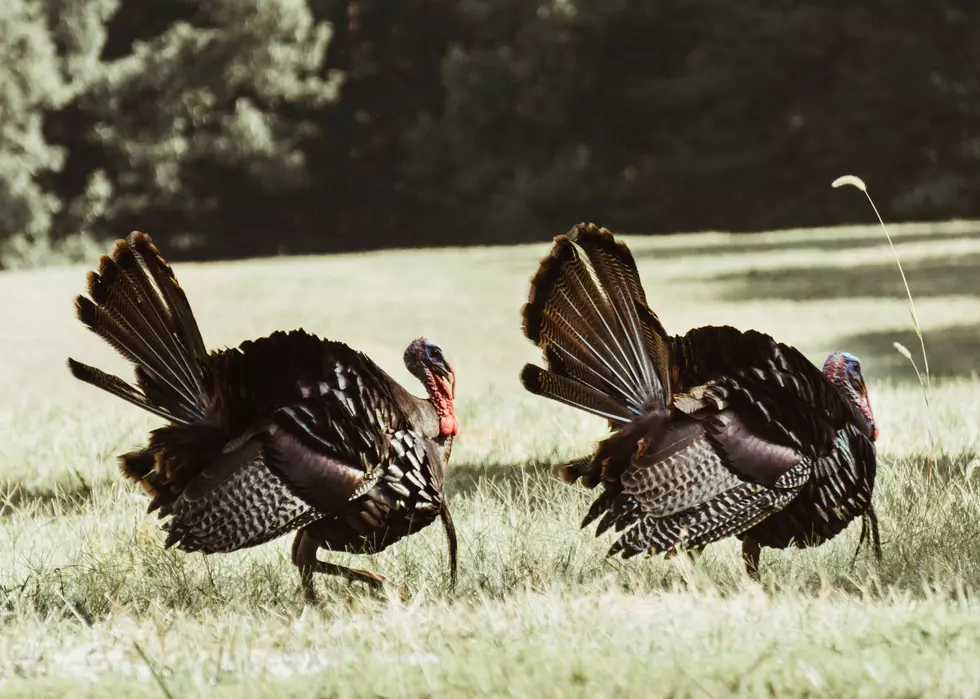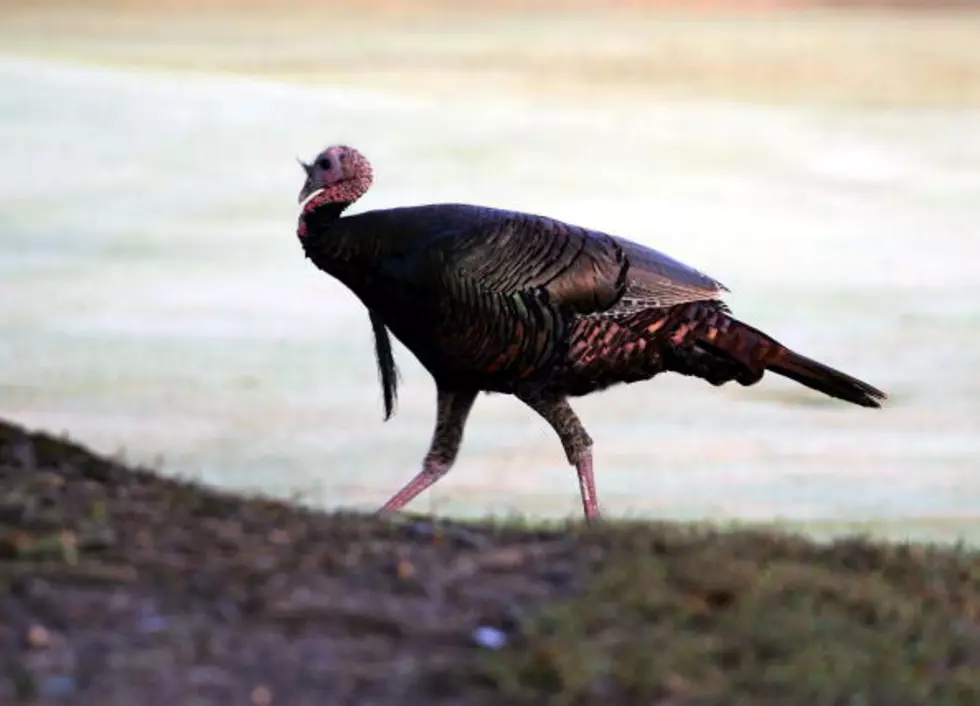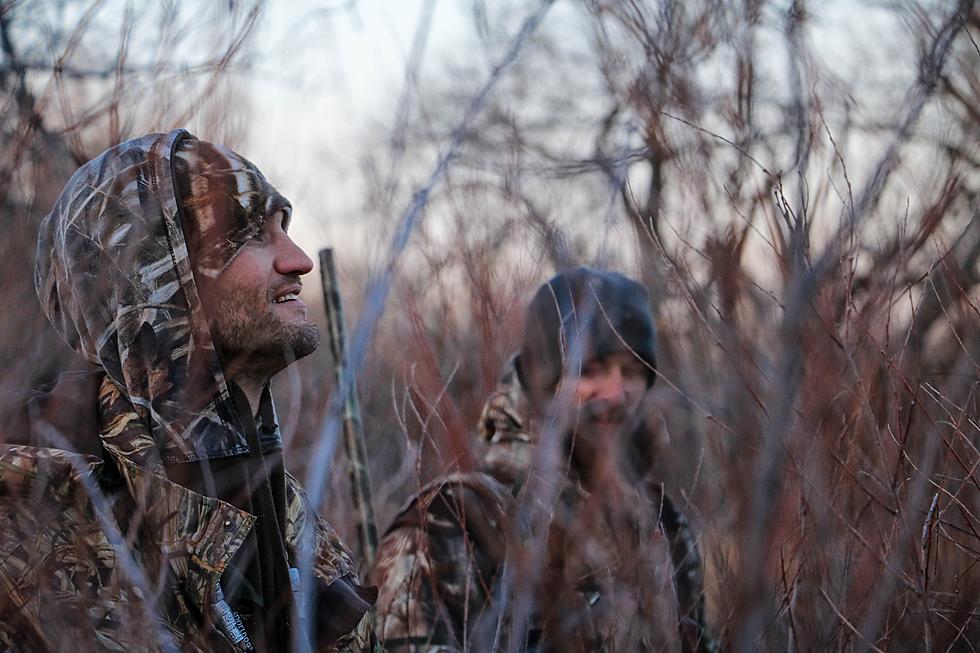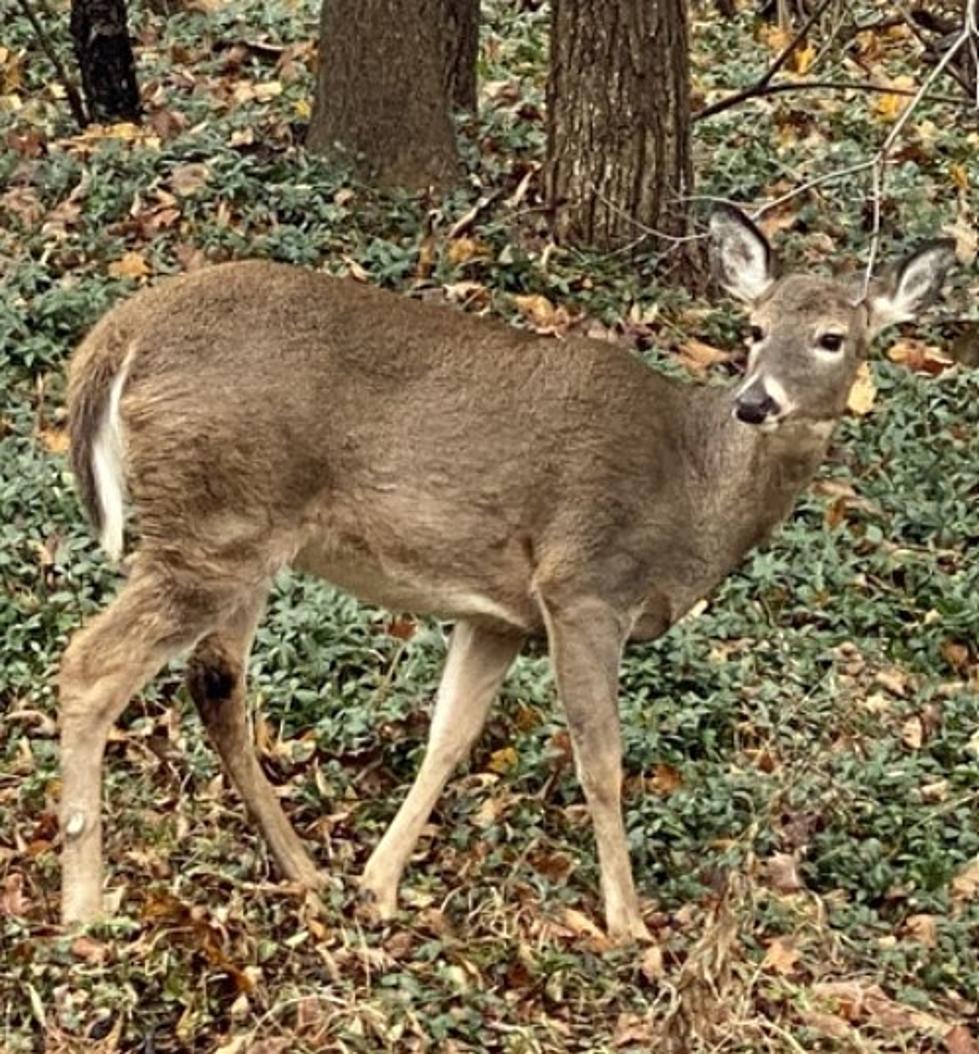
One-fifth of Deer in New York May Have COVID, First Case Found in Canada Lynx
UPDATE: 12/28/2021 11:44am The lynx who had contracted COVID is doing better.
Ian Hunter, Public Relations and Media Manager with the Pittsburgh Zoo, says, "(All) of our animals have since made a complete recovery and are back on exhibit."
Original Story:
COVID is spreading not only among human beings but rapidly throughout the animal kingdom.
This past week it was announced that COVID has been discovered in a Canada lynx at a zoo in Pennsylvania. It is the first confirmed case of a lynx with COVID in the United States. The NYS DEC says that nearly one-fifth of deer in New York could also now have the disease.
The discovery about the lynx was announced last week by the Pittsburgh Zoo and the United States Department of Agriculture (USDA). The findings regarding deer were announced earlier by the New York State Department of Environmental Conservation (NYS DEC).
Nearly one-fifth of white-tailed deer samples collected by the New York State Department of Environmental Conservation were found to have antibodies for SARS-CoV-2 – i.e. the virus that causes COVID-19. That, according to the NYS DEC, is consistent with other studies done by the United States Department of Agriculture.
In the case of the deer, eighteen percent of those studied had the antibodies but, because the field samples were not completely random, the actual number of those infected may be different. The number is significant, though, because it shows that the virus is present in the deer, although its effects are still being studied.
In the case of the lynx the USDA said samples were taken after the lynx “showed signs of infection including coughing and lethargy.” According to a press release from the Pittsburgh Zoo four other lynxes that live with the infected feline are being tested and monitored as well. The lynxes live in close proximity to the two tigers who were diagnosed with COVID on December 6, 2021. The tigers have made a full recovery and, zoo officials say, the lynx is "expected to make a full recovery." The Zoo says they believe that the animals "likely contracted the virus after exposure to an asymptomatic zoo employee."
“(It) is speculated,” according to the DEC, that transmission to the deer “could have been through people, the environment, other deer, or other animal species.” Based on existing evidence the DEC adds that “(there) is no evidence that animals, including deer, are playing a significant role in the spread of COVID-19, and based on existing evidence the risk to people from animals is low.”
Although most people do not regularly come into direct contact with wildlife the public is cautioned to follow the same guidelines for interacting with wildlife that were in place prior to the pandemic. The translation is – stay away and leave wildlife alone. The USDA says, “We are still learning about SARS-CoV-2 in animals. Based on the information available, the risk of animals spreading the virus to people is considered to be low.”
The USDA advises that, “People with COVID-19 can spread the virus to animals during close contact. It is important for people with suspected or confirmed COVID-19 to avoid contact with pets and other animals to protect them from possible infection.”
If an injured or misplaced animal is seen the public should contact a regional wildlife office, rehabilitator, or emergency responders.
Hunters and trappers in New York are also advised to wear personal protective equipment (PPE) to that includes gloves and a face mark when coming into direct contact with wild or captive deer, limit contact where possible, and follow proper biosecurity measures. Contact includes field-dressing, butchering, and skinning. These measures will help minimize exposure to body fluids and aerosols that may transfer.
The washing of hands and disinfecting of equipment is especially important. The DEC says that gloves should be worn “when field dressing and processing game.” In addition to protecting against COVID-19, these measures also offer protection from other viruses, diseases, bacteria, and parasites such as rabies, Tularemia (usually transmitted by ticks an deer flies), etc. The public is further advised that these methods reduce the risk of contamination and infection but do not eliminate it.
Hunters and trappers are advised to stay away from and report deer or other game that appears to be sick, emaciated, or otherwise unhealthy. Reports should be made directly to the DEC. Aside from wearing PPE and practicing regular hygiene, those who trap or hunt for food are advised to cook all game meat thoroughly.
Both the DEC and USDA will continue to monitor COVID in wildlife and domesticated animals.
Baby Animals Born At The Buffalo Zoo
The Most Dangerous Animals In New York State
LOOK: Exotic Animals You Can Own In New York
Exoctic Pets You Can Own In New York State
What Sits Below Delta Lake? Here Are Pictures Showing You
Amazing Nostalgic Photos of Uptown Utica
What's New in 2022? New Laws Taking Effect in New York
Rachael Ray Shows Us Inside Her Adirondack Home Decorated for Xmas
More From Q 105.7
